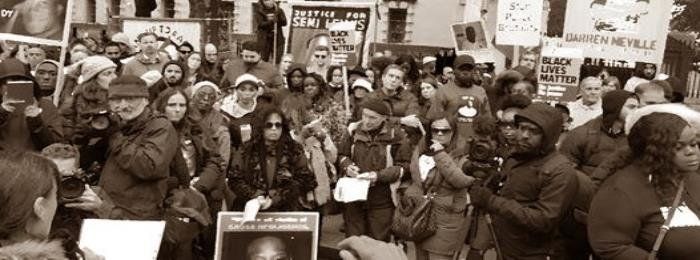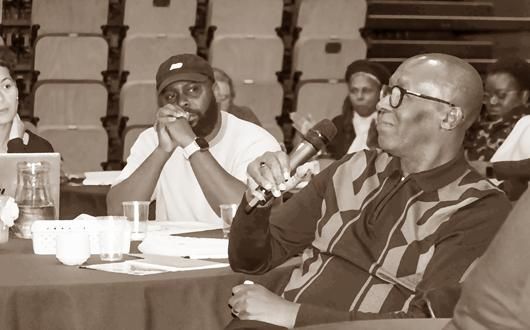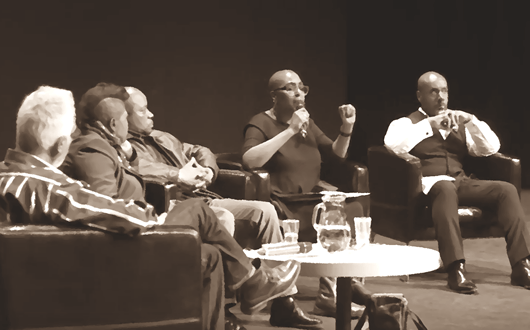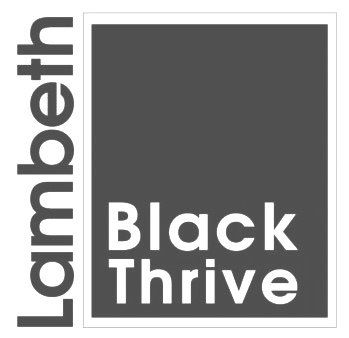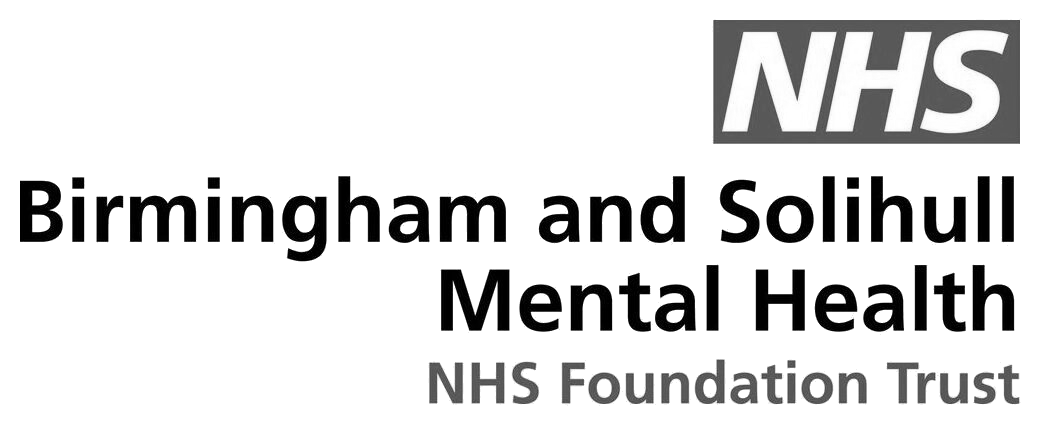Racism is a mental health crisis, and we need to support each other
source:
HuffPost
originally published: 11 June 2020
Black Lives Matter has re-opened wounds from centuries of trauma. But how do we protect black minds as we strive to protect black lives?
Exhaustion. If one word has echoed around our social media feeds these past few weeks, it’s this one. Black people are tired: tired of justifying how we feel, as if 400 years of oppression were not enough to explain it; tired of showing we are human beings with emotions; and tired of proving how valuable our lives are. And this exhaustion goes beyond mere fatigue. It’s a mental health issue.
Black Lives Matter has opened unhealed intergenerational wounds from centuries of trauma, oppression, anger and humiliation. This has been very much evident in the protests that have spread across all 50 US states – and the world – since the deaths of Ahmaud Arbery, Breonna Taylor and George Floyd, in what has become the biggest civil rights movement in history.
Racism is a disease that can kill a human being, directly, as we have seen in these horrific cases of police brutality, or indirectly, in its lifelong impact on our physical and mental health. The rage we’re seeing now has been burning for a long time – anger at why systemic racism continues to the present day.
Barack Obama recently joined civil rights icon John Lewis and lawyer Bryan Stevenson to address mental wellbeing during a pandemic – of racism. The former US president said of the Black community: “We inherited extraordinary strengths, but we have also inherited trauma.”
So, how do we protect Black minds as we strive to protect Black lives?

